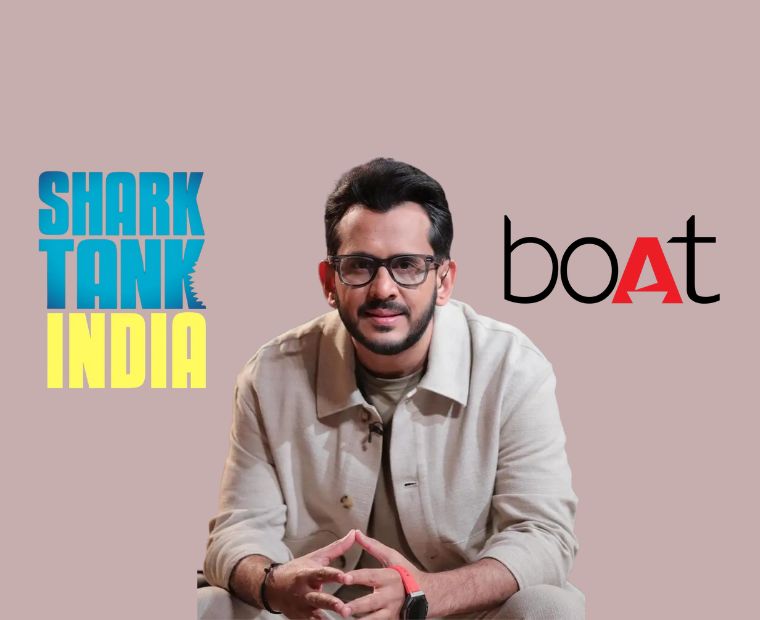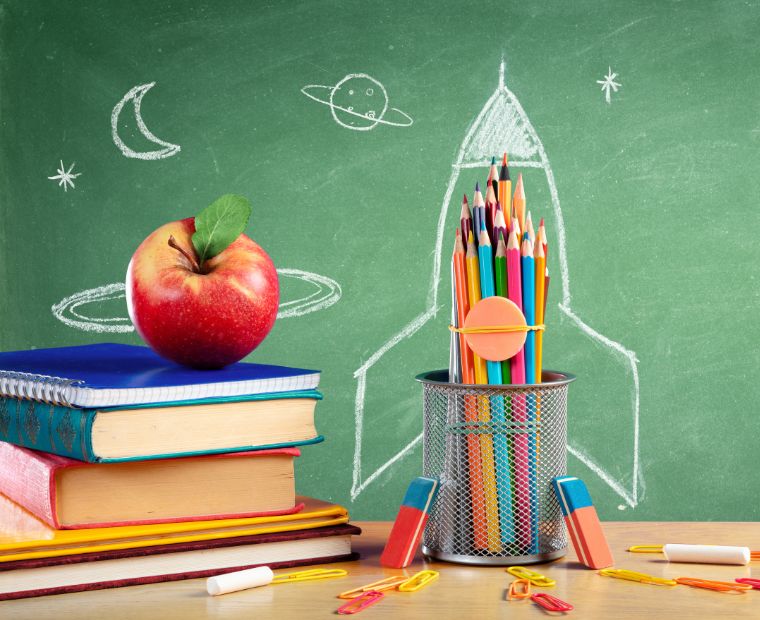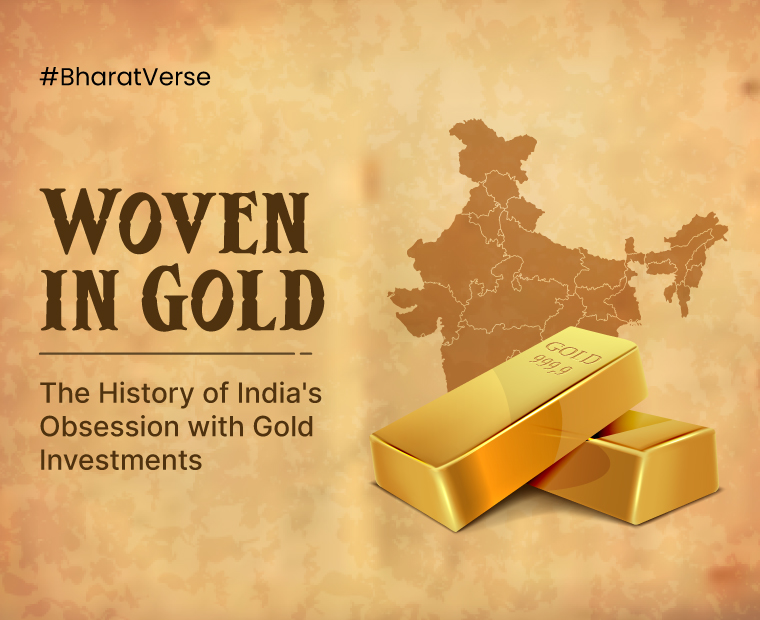The Many Lights of Diwali: The Festival of Happiness and Prosperity

Diwali, Deepavali, Deepotsav – many names for India’s biggest, most widely celebrated festival.
A religious and social festival symbolic of joy and wealth that is celebrated with pomp and full gusto in every part of India, cutting across regions and dialects, across the length and breadth of our nation.
Diwali, an integral part of Hindu culture presents an auspicious occasion to rejoice with family, rejuvenate oneself spiritually, connect with India’s rich cultural past and traditions and invest in valuable assets like gold.
Let’s explore what Diwali signifies and how the festival that has captured the imagination of Indians across generations, is celebrated.
Diwali 2023
With the wait finally over and the festive season just around the corner, families across India are gearing up to celebrate the grandest festival of all – Diwali. Diwali is one the most important Hindu festivals celebrated on Amavasya or the no-moon night on the fifteenth day of the month of Kartika as per the Hindu calendar. This year Diwali falls on:

The festival of lights, joy and prosperity
Diwali is a five-day joyous celebration where family and friends come together to strengthen the spirit of cultural oneness and invoke the Divine in various forms across India.
Throughout the 5 days, Hindu homes are decorated with bright lights and gleaming Diyas, the home-Mandirs look grand with the lavish decoration of flowers and auspicious items, the kitchen is full of mouth-watering traditional Indian sweet treats, savouries and delicacies, the lively chatter of the visiting friends and family members builds life-long memories to be cherished and the sound of crackers echo along with the gleeful laughter of children, making the most of the festival celebrations.
The reasons behind celebrating Diwali
The history of Diwali is deeply rooted and closely interconnected with India’s rich tradition and ancient culture.
In India, there is a deep meaning attached to every festival.
Each one must try to understand the associated teachings and imbibe those valuable learnings into their lives via the festivals.
Diwali represents the victory of good over evil and guides us to adopt the light of knowledge, follow the path of enlightenment and exhort us to move away from the darkness of ignorance.
- The homecoming of Shri Ram Ji to Ayodhya: Diwali is the sacred day that Shri Ram Ji, Sri Sita Ji and Lakshman Ji returned to Shri Ayodhya after residing for 14 years in the forest. To celebrate Their arrival, the citizens of Shri Ayodhya lit millions of ghee diyas and decorated their homes, in joy to mark this momentous occasion. Diwali is dedicated to Shri Ram Ji and is celebrated with immense fervour and devotion across India.
- Worship of Sri Lakshmi Devi: Diwali is the auspicious day that Sri Lakshmi Devi, the Goddess of Wealth, emerged from the divine ocean during the Samudra Manthan. By worshipping Goddess Lakshmi with devotion, devotees would be blessed with opulence and prosperity in their lives.
- Gujarati New Year: Diwali also heralds the beginning of the Hindu New Year as per our Hindu calendar. On this day, the members of the business community, especially in Gujarat open their new account books to mark the start of the Gujarati new year i.e. Vikram Samvat 2079.
- Victory of hope over despair: On the day of Choti Diwali, in Dwapara Yug, Shri Krshn Ji killed the wicked demon Narakasura and freed 16100 princesses’ from the cruel demon’s captivity. To celebrate the triumph of good over evil, in the Southern state of Tamil Nadu, people wake up early in the morning, have a traditional oil bath and wear new clothes.
- Return of the Pandavas: This was the day to commemorate the return of the Pandavas to Hastinapur.
- Onset of harvest season: In sacred Vedic texts, it is mentioned that Diwali is the beginning of the harvest season in India.
Significance of the 5-day festival
The 5-day Diwali celebration is a culmination of multiple festivals across regions, with each having its own cultural importance. Broadly, the 5 days comprise the following:

Day 1: Dhanteras
Dhanteras or Dhantrayodashi marks the start of the 5-day Diwali festival.
As per the Hindu calendar, Dhanteras falls on the thirteenth day of the Krishna Paksha in the month of Kartik.
This was the day Shri Dhanvantari, the God of Health emerged from the divine ocean with the Amrit Kalash during the Samudra Manthan. Buying gold on this auspicious day is believed to attract good fortune.
Day 2: Choti Diwali
Choti Diwali or Naraka Chaturdashi is the 2nd day of the 5-day Deepavali Mahotsav that falls on the fourteenth day of the Krishna Paksha in the month of Kartik.
People celebrate this day by lighting diyas, consuming sweets and bursting firecrackers.
Day 3: Diwali
Diwali is celebrated in honour of the return of Shri Ram Ji to Ayodhya and to observe the origin day of Sri Lakshmi Devi.
As per tradition, residents across India light up diyas, burst crackers, adorn themselves with ornaments and draw colourful Rangolis.
By performing Puja ceremonies and buying gold, devotees seek the blessings of Goddess Lakshmi.
Day 4: Govardhan Puja
Govardhan Puja is performed in honour of Shri Krshn Ji who held the Govardhan Hill on His little left finger for 7 days and 7 nights and protected the residents of Vraj from the fury of Indra.
Indra, the Rain god, mercilessly tried to deluge the region of Vraj in Uttar Pradesh but his attempts were rendered futile by the divine power of Shri Krshn Ji.
On this day, a grand puja is performed with lavish 56 varieties of delicious savouries called Chappan Bhog that is offered as Prasad during the Annakoot puja.
The Deity of Shri Krshn Ji at home and in Mandirs are bathed with milk and adorned with new clothes and jewellery.
Day 5: Bhai Dooj
Bhai Dooj stands as a reinforcement of the sacred bond of unconditional affection between siblings i.e. sisters and brothers.
It is celebrated with great enthusiasm on the last day of the 5-day Deepotsav.
On this day, sisters apply Tilak of good luck on the foreheads of their brothers and present coconut with kalawa thread.
Brothers present gifts to their sisters and both feed sweets to each other. On this day, after killing the cruel demon Narakasura, Shri Krshn Ji visited His sister Subhadra and was warmly welcomed by her with a Tilak of victory and sweets.
Another incident relates to Yama, the god of death, who visited his sister Yamuna on this day. Across the nation, Bhai Dooj is celebrated with different names namely:
- 'Bhau Beej' in Maharashtra and Goa
- 'Bhai Phota' in West Bengal
- 'Bhai Tika' in Uttar Pradesh and Bihar and
- 'Bhai Tihar' in Nepal
The celebrations that unite India
Here’s a look at how Diwali is celebrated in certain regions of India:
- Uttar Pradesh: Diwali celebrations takes the grandest form in Ayodhya, the birthplace of Shri Ram and the origin of the festival.
The ghats of the Saryu River are brightly lit with diyas that light up the sky and the surroundings, including the vibrant reflections on the waters.
With the divine reverberation of sacred hymns all around and lakhs of devotees who throng the holy Dham, Diwali in Ayodhya is special.
In Varanasi, in the backdrop of the pure Vedic chants by the priests, the Ganga ghats are resplendent with umpteen diyas that are then floated in the waters.
Dev-Deepavali is also celebrated here in full spirit.
- Karnataka: While Karnataka’s Dussehra Nada Habba is famous, Diwali is also celebrated with zeal and excitement.People light diyas, burst crackers and even host pandals.
- Gujarat: Since Diwali coincides with Gujarati Hindu New Year, people pray to Goddess Lakshmi and seek Her blessing for a prosperous year ahead.
- Tamil Nadu: The Southernmost state has its own unique style of celebrating Diwali, especially Choti Diwali with a traditional oil shower.
This is followed by wearing new apparel and consuming a healthy and tasty tonic called 'Deepavali Lehiyam'.
Further, diyas are lit, Kollam or Rangoli made with rice powder is drawn at the doorstep and a feast of traditional sweets is consumed.
- Maharashtra: People celebrate by performing Puja, bursting crackers and eating delicious sweet and Namkeen delights.
Many worship Goddess Lakshmi and pray to Her to visit their homes and bless them with wealth.
- Andhra Pradesh: Dramas are performed depicting the killing of evil demon Narakasura and the victory of Shri Krshn Ji and His consort Satyabhama Ji.
There is a lot of value attached to the purchase of valuables like gold and also the practice of gifting near and dear ones. Fairs are organized, diyas are lit, sweets and special dishes are consumed and new clothes are worn.
- Goa: People decorate their homes with lights and lanterns and burn the effigies of the cruel demon Narakasura. There are competitions to decide the biggest effigies.
Don’t forget to add a touch of gold to your Diwali
Diwali is celebrated in every part of India.
Though the external flavour of the festival differs, the intrinsic nature remains the same – a time of spiritual rejuvenation and cultural celebration, bonding with family and most importantly purchase of valuable items like gold that bring good luck to the family.
Make the most of your Diwali celebrations with the golden touch. Invest in digital gold on the Jar App.
About Jar App
Jar App is an automated Investment App that enables investors to securely invest in 24K Digital Gold, offering unimagined convenience, absolute safety of investments and superior gains.
This Diwali, let your wealth shine even more. Invest with Jar. Be a proud owner of pure 24K gold at the best prices.
Visit us at https://www.myjar.app/ to know how automated savings in digital gold can give you a head-start in the investing race.
.svg)







.png)
.png)











.jpeg)
